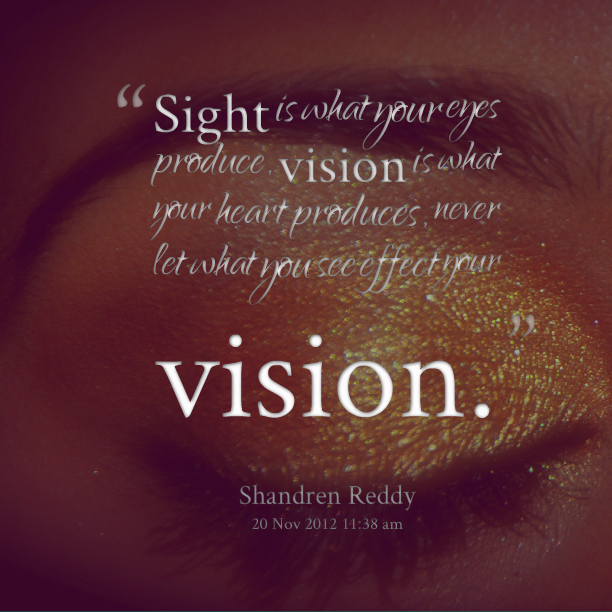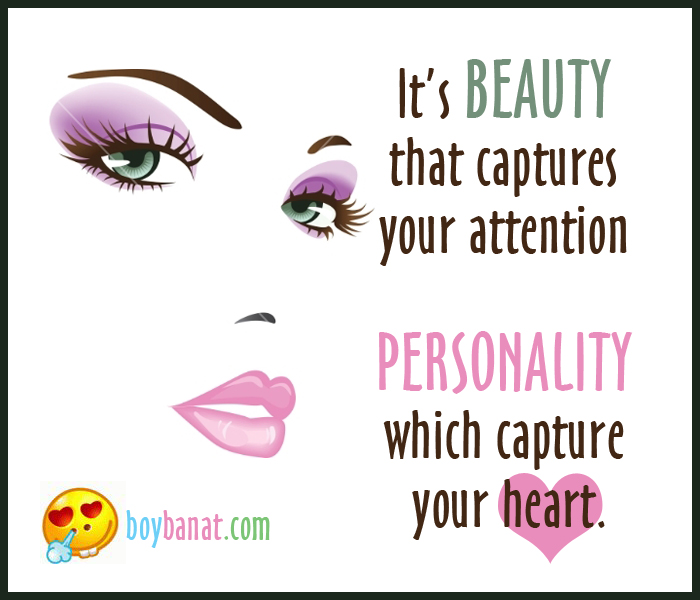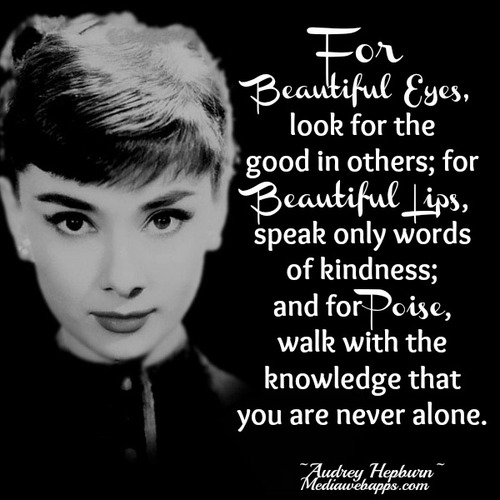There’s something truly mesmerizing about the eyes, and sayings about beautiful eyes capture the essence of their allure. Eyes are often referred to as the windows to the soul, and throughout history, countless cultures have celebrated their beauty through poetry, art, and literature. These sayings not only highlight the physical beauty of eyes but also delve into their deeper meaning, reflecting emotions, stories, and human connections. If you’ve ever wondered why eyes hold such significance, this article will explore the cultural, emotional, and philosophical aspects of sayings about beautiful eyes.
From Shakespeare's timeless sonnets to modern-day aphorisms, sayings about beautiful eyes have inspired generations. They remind us of the power of vision, the depth of emotions, and the way eyes can convey so much without words. Whether it’s about love, beauty, or inner strength, these sayings resonate with people across cultures and ages.
This article aims to provide a comprehensive guide to the most inspiring and meaningful sayings about beautiful eyes. We’ll explore their origins, meanings, and how they continue to influence our perception of beauty and human connection. Let’s dive in and discover the magic of these captivating phrases.
Read also:Who Is Robert F Kennedy Junior S Wife
Table of Contents
- Biography of Eyes in Culture
- History of Sayings About Beautiful Eyes
- Cultural Significance of Eyes
- Philosophical Meaning of Eyes
- Popular Sayings About Beautiful Eyes
- Long-Tail Keywords and Variations
- Psychological Impact of Eyes
- Scientific Perspective on Eyes
- Eyes in Art and Literature
- Conclusion
Biography of Eyes in Culture
Eyes have long been a subject of fascination in various cultures. They are not just organs of vision but also symbols of emotion, spirituality, and beauty. In ancient civilizations, eyes were often depicted in art and literature as sacred objects, representing divine insight or protection. For instance, the Eye of Horus in Egyptian mythology symbolized healing, protection, and royal power.
In Western culture, eyes are frequently associated with love and beauty. Poets like William Shakespeare used metaphors about eyes to express the depth of romantic feelings. In "Sonnet 18," Shakespeare describes the beauty of eyes as something that "shall not fade" and "lose possession of that fair thou ow'st."
Key Cultural References
- The Eye of Horus in ancient Egypt
- Eyes as symbols of love in Shakespearean sonnets
- The "Third Eye" in Hinduism, representing spiritual awakening
History of Sayings About Beautiful Eyes
Sayings about beautiful eyes have evolved over centuries, reflecting the changing perceptions of beauty and human connection. In the Middle Ages, eyes were often described as "gates of the soul," emphasizing their role in revealing inner emotions. As societies developed, these sayings became more nuanced, incorporating themes of love, admiration, and admiration for natural beauty.
During the Renaissance, artists and writers began to explore the human form in greater detail, leading to a deeper appreciation of physical features like eyes. This period saw the emergence of phrases like "eyes that sparkle like stars" and "gaze that could melt the coldest heart."
Historical Milestones
- Medieval references to eyes as "gates of the soul"
- Renaissance appreciation of physical beauty
- Modern interpretations of eyes in pop culture
Cultural Significance of Eyes
Across different cultures, eyes hold unique significance. In many Eastern traditions, eyes are seen as a source of spiritual enlightenment. The "Third Eye" in Hinduism and Buddhism symbolizes inner vision and wisdom. In contrast, Western cultures often emphasize the aesthetic and romantic aspects of eyes, using them as metaphors for love and beauty.
Even in modern times, eyes continue to play a crucial role in cultural expressions. Fashion trends, makeup techniques, and photography often focus on enhancing the beauty of eyes, reflecting their enduring appeal.
Read also:Reagan Airport Parking Prices
Cultural Variations
- Hinduism: The concept of the Third Eye
- Western Culture: Eyes as symbols of beauty and love
- Photography: The focus on capturing the essence of eyes
Philosophical Meaning of Eyes
Beyond their cultural and aesthetic significance, eyes also carry profound philosophical meanings. Philosophers like Plato and Aristotle explored the concept of vision as a metaphor for knowledge and truth. In Plato's "Allegory of the Cave," the journey from darkness to light symbolizes the awakening of the mind and the eyes as tools for understanding reality.
In modern philosophy, eyes are often associated with perception and consciousness. They remind us of the importance of seeing beyond surface appearances and understanding the deeper truths of life.
Popular Sayings About Beautiful Eyes
Here are some of the most popular sayings about beautiful eyes that have stood the test of time:
- "Eyes are the windows to the soul."
- "A beautiful eye can speak volumes without uttering a word."
- "The beauty of eyes lies not in their color, but in their ability to see beauty."
- "Eyes that sparkle with joy are the truest form of beauty."
- "In the gaze of love, even the plainest eyes become radiant."
These sayings remind us of the timeless beauty and power of eyes, transcending cultural and linguistic barriers.
Long-Tail Keywords and Variations
To fully appreciate the depth of sayings about beautiful eyes, it’s important to explore long-tail keywords and variations. Some examples include:
- "quotes about beautiful eyes"
- "poems describing the beauty of eyes"
- "aphorisms about the power of vision"
- "metaphors for eyes in literature"
- "cultural sayings about the soul's windows"
These variations help broaden the understanding of the topic and provide a more comprehensive view of its significance.
Psychological Impact of Eyes
Eyes have a significant psychological impact on human interactions. Studies in psychology suggest that eye contact plays a crucial role in building trust, empathy, and rapport. When we look into someone's eyes, we gain insight into their emotions and intentions, fostering deeper connections.
Moreover, the beauty of eyes can evoke positive emotions and enhance self-esteem. People often feel more confident when they believe their eyes are attractive, leading to improved social interactions and personal relationships.
Scientific Perspective on Eyes
From a scientific perspective, eyes are remarkable organs with intricate structures and functions. They allow us to perceive the world around us, process visual information, and interpret colors, shapes, and movements. The beauty of eyes lies not only in their appearance but also in their complexity and efficiency.
Recent studies in neuroscience have revealed that the eyes are closely linked to the brain's emotional and cognitive centers. This connection explains why eyes can convey so much without words and why they hold such significance in human communication.
Eyes in Art and Literature
Throughout history, artists and writers have been captivated by the beauty of eyes. In art, eyes are often depicted with great detail and care, capturing their unique qualities and expressions. Painters like Leonardo da Vinci and Rembrandt are known for their masterful portrayal of eyes, bringing their subjects to life.
In literature, eyes serve as powerful symbols, representing love, longing, and insight. Authors like Jane Austen and Emily Brontë used eyes to convey the inner thoughts and emotions of their characters, adding depth and complexity to their narratives.
Conclusion
In conclusion, sayings about beautiful eyes offer a glimpse into the rich tapestry of human culture, philosophy, and emotion. They remind us of the power of vision, the depth of emotions, and the way eyes connect us to the world and to each other. Whether through poetry, art, or everyday expressions, these sayings continue to inspire and resonate with people across the globe.
We invite you to share your thoughts and favorite sayings about beautiful eyes in the comments below. Don’t forget to explore other articles on our site for more insights into the wonders of human expression and creativity. Together, let’s celebrate the beauty and depth of vision in all its forms.


